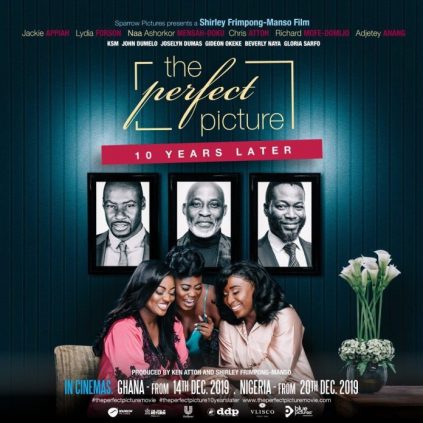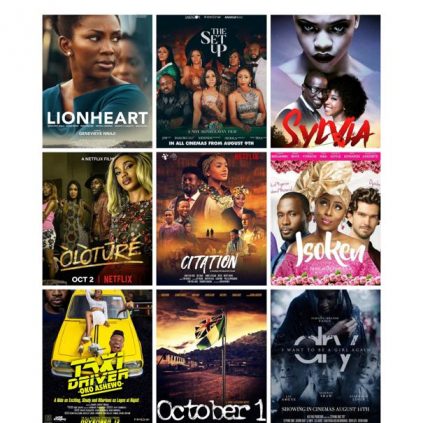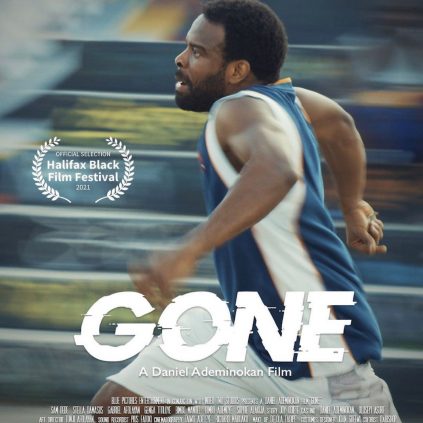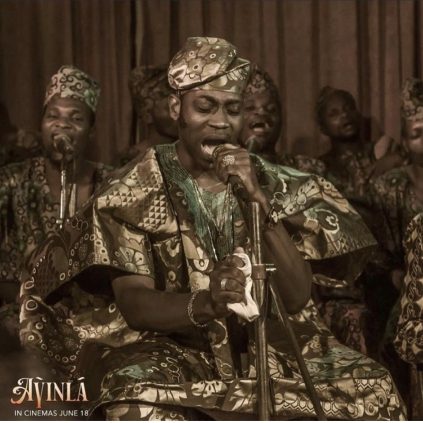When Kemi Adetiba’s madly inventive film “King of Boys” debuted in the cinemas, cinephiles and critics dubbed it as “one of the best Nigerian films of the 21st century”, what seemed like a huge surprise was the figures it amassed in the cinemas— over 244 million Naira! A non-comedy movie? The first of its kind to do so. This surprising feat could stir Nigerian filmmakers in a different direction from the norm.
With the “comedy genre” at Nollywood’s focal point, the romance between the duo has become a burgeoning love without necessary boundaries. It is safe to say that Nollywood’s increasing need to churn out films of other genres has never been more urgent than the present.
Comedy has always been the genre Nollywood paid the most attention to, with almost an alienation of other genres, which has influenced an obsessive supply of comedy films(Rom-com, Comedy, Action-Comedy, Sit-Com). While the industry’s growth is palpable, there still exist a vacuum in the storytelling and a pervasive gap between Nollywood filmmakers and their audience. The essence of filmmaking is threatened by Nollywood’s genre focus.
While a film may be excellent or outrightly bad regardless of its genre, comedy films in Nigeria are not faultless—they possess an unhinged level of amateur comedy, and utter ridiculousness, save for a few productions that rose above the usual challenges. Most comedy films in Nigeria pay most attention to the talent, bankability, and popularity of its lead cast—which serves as a ruse to supposedly cover all other deformities in the movie. Critics might hate it but fans will love it—the winning formula!
The underlay of comedy masked as “comic relief” in most non-comedy films make one wonder if the intention of the filmmaker wasn’t to make a comedy film. The recent invention of hiring non-actors ( Instagram influencer/comedians) as actors for comic relief riddles the film with bad acting and forced comedy.
What attracts an audience to a film depends on varying factors like the genre, the actors and the production quality, etc. What remains a mystery is the disparity between the clamour for different films and genres in Nollywood and the sad figures raked by movies of this kind in the Nigerian cinemas, particularly in comparison to comedies (whether good or bad). Hence, the important question —do Nigerians really want other stories and different films?
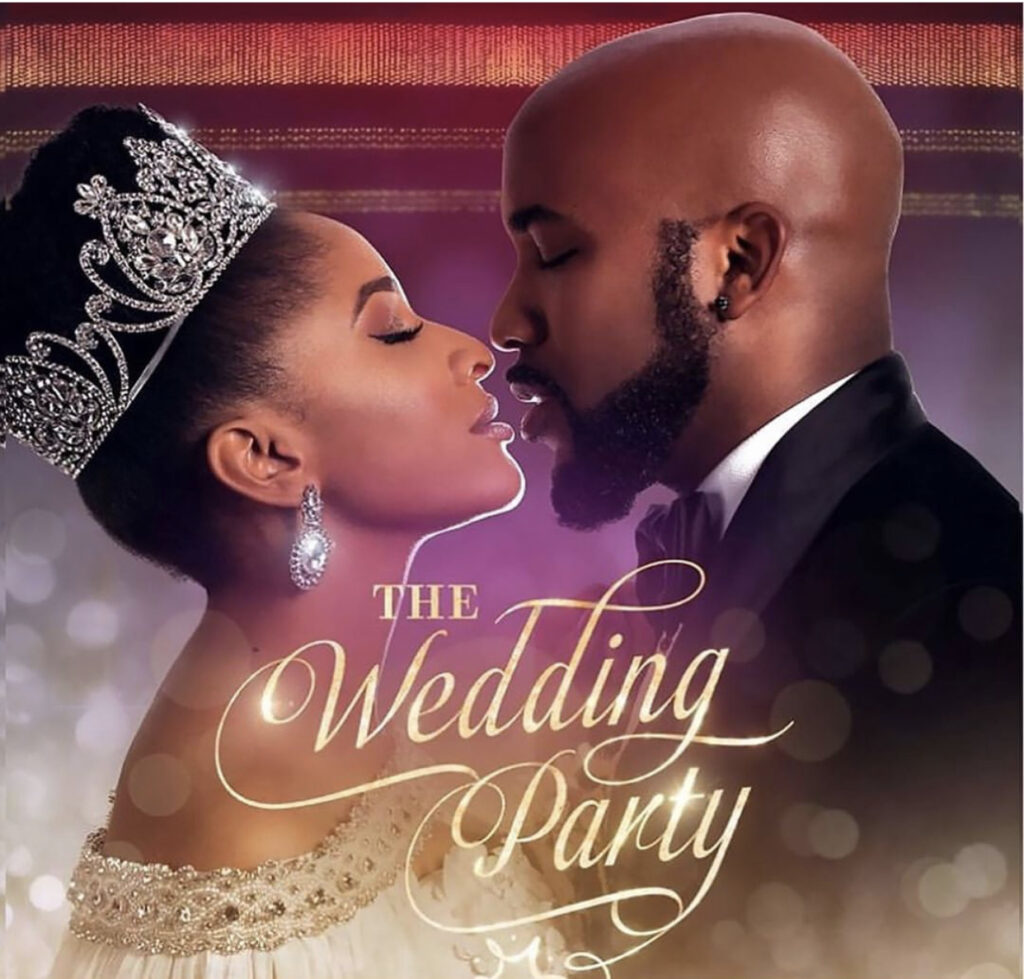
Agreeably, Nigerians love their comedy. According to Wikipedia, the highest-grossing films in Nigeria have mostly been comedy films— The wedding Party (N453,000,000) The Wedding Party 2 (N433, 197,377) Chief Daddy (N387, 540,749) Sugar Rush, Omo Ghetto (the Saga), Merry Men, Your Excellency and so on. Films with alternate genres have debuted in Cinemas, with only a few of them generating a reasonable amount of money. What exactly propels the preference for comedy films?
A large percentage of the Nollywood audience and filmmakers exhibit the Stockholm Syndrome: after years of dealing with the maniacal supply of comedy films—it is the only genre they trust in Nollywood. Filmmakers see it as a quick cash grab without the necessary technicalities of making a decent film and the audience also experience a mistrust for other genres because of the fear that it might fail.
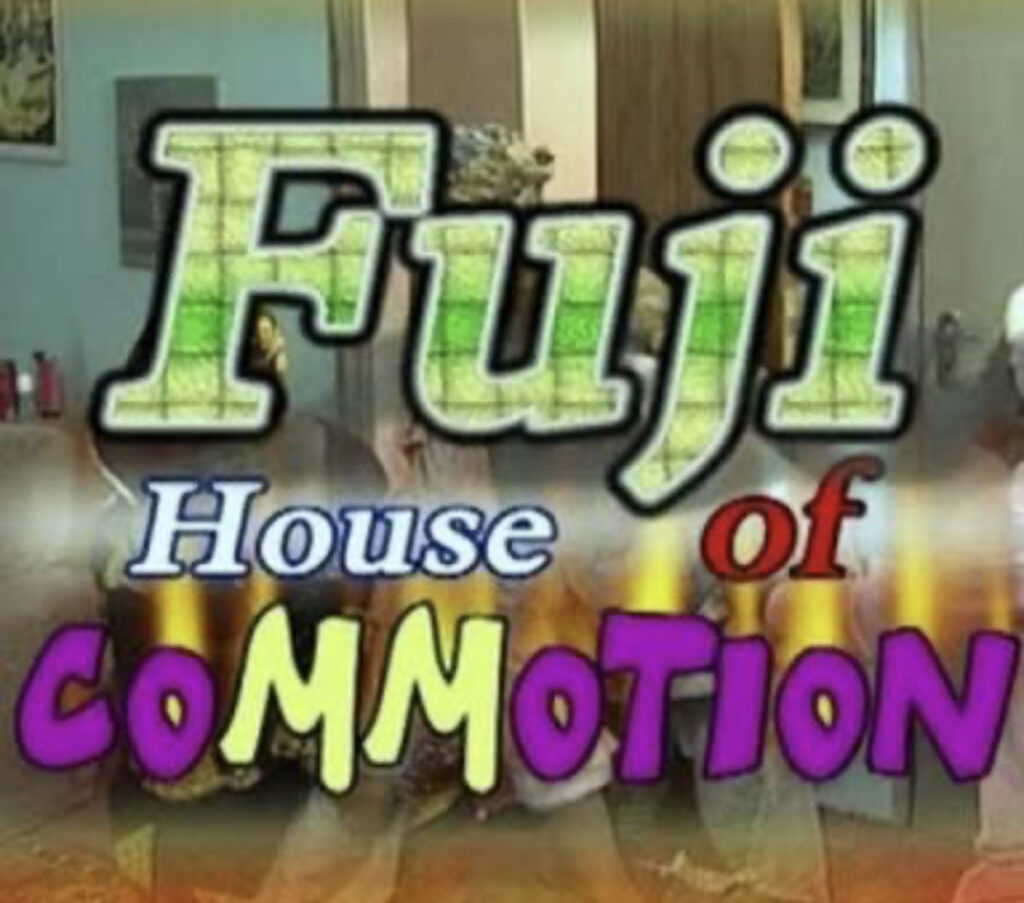
Comedies have always been a thing in Nollywood. The industry experienced a surge in the number of television shows that were introduced into our homes in the late 90s and early 2000s which were mostly comedies.
It became big hits in the entertainment industry due to the arresting stories and characters that eventually won the hearts of many. These shows created unforgettable characters that ran on the screens for years. It became a precedent— a pathway into Nigerian hearts and screens, it was a cheat code for actors and filmmakers alike.
Nkem Owoh Osuofia, John Okafor( Mr Ibu), Late Sam Loco Efe, and Babatunde Omidina (Babasuwe) to mention a few, could be credited to have popularized the comedy genre in the industry— the actors appeared in several movies and they embodied the characters of funny and mischievous men.
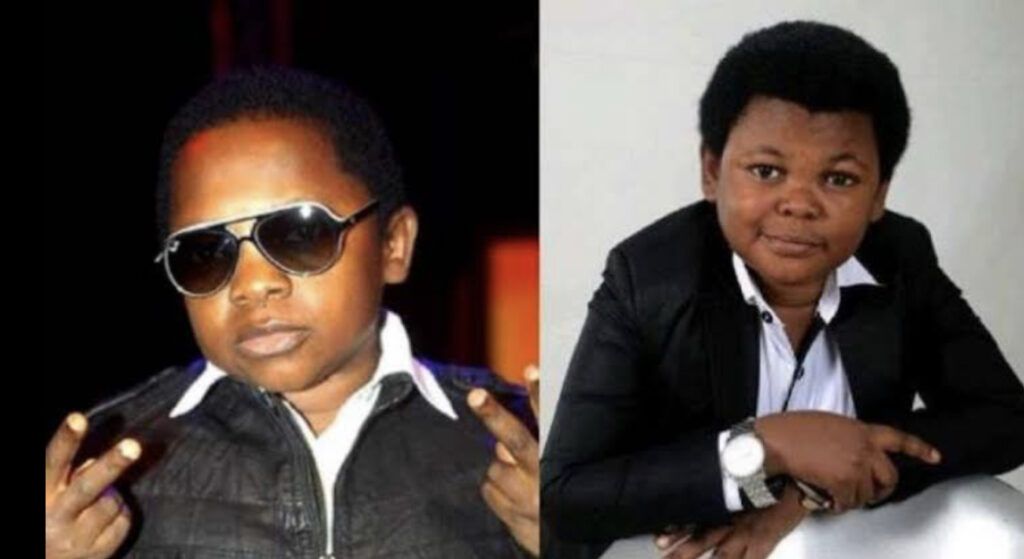
The advent of comedy sensations like Osita Iheme, Chinedu Ikedieze (Aki and pawpaw), and Funke Akindele continually increased the popularity of the comedy genre in the industry. Their rise to stardom influenced several other actors to create funny personas that would make them bankable and relevant in the industry. These actors and characters became a prerequisite for making a hit movie/show.
In filmmaking, the audience holds an uncompromising power. They determine the success of a film. The Nollywood audience remains a fragile and unsteady one, with the steep interest in foreign content—an undying love for K-Dramas, an obsession for the notorious Zee World, and a knack for Hollywood content. The desirability of foreign films over local ones stems from various factors; the excuse has always been that Nollywood doesn’t churn out enough good stories, poor production quality, and over-saturation of content.
“Film na film”— what an individual considers entertainment is personal and relative. The fixation on foreign content is not far-fetched, there exists an obvious formula in these films that make them desirable. For Hollywood, the production quality and diverse contents is a predominant factor; for Bollywood, it is the unending drama thrills; and K-drama particularly dishes out romantic and horror films, as well as an impressionable cinematography. To cut into the above audience, Nollywood needs to cater for them.
For an industry that churns out over 1500 films a year, one would expect diverse content and genre. Nollywood faces several detriments that limit its growth. Regardless of this defect, several film genres that require fewer technicalities and funding can be developed.
The Nigerian creative space is ever bubbling with an increase in entertainment content—flowing with young adults with showstopping ideas and talent. While funding is still a big issue in Nollywood, filmmakers can hire creatives and talents and avoid recycling the same people. Emerging filmmakers can collaborate with like minds without necessarily breaking the bank. The only formula for making a great film is making a great film.


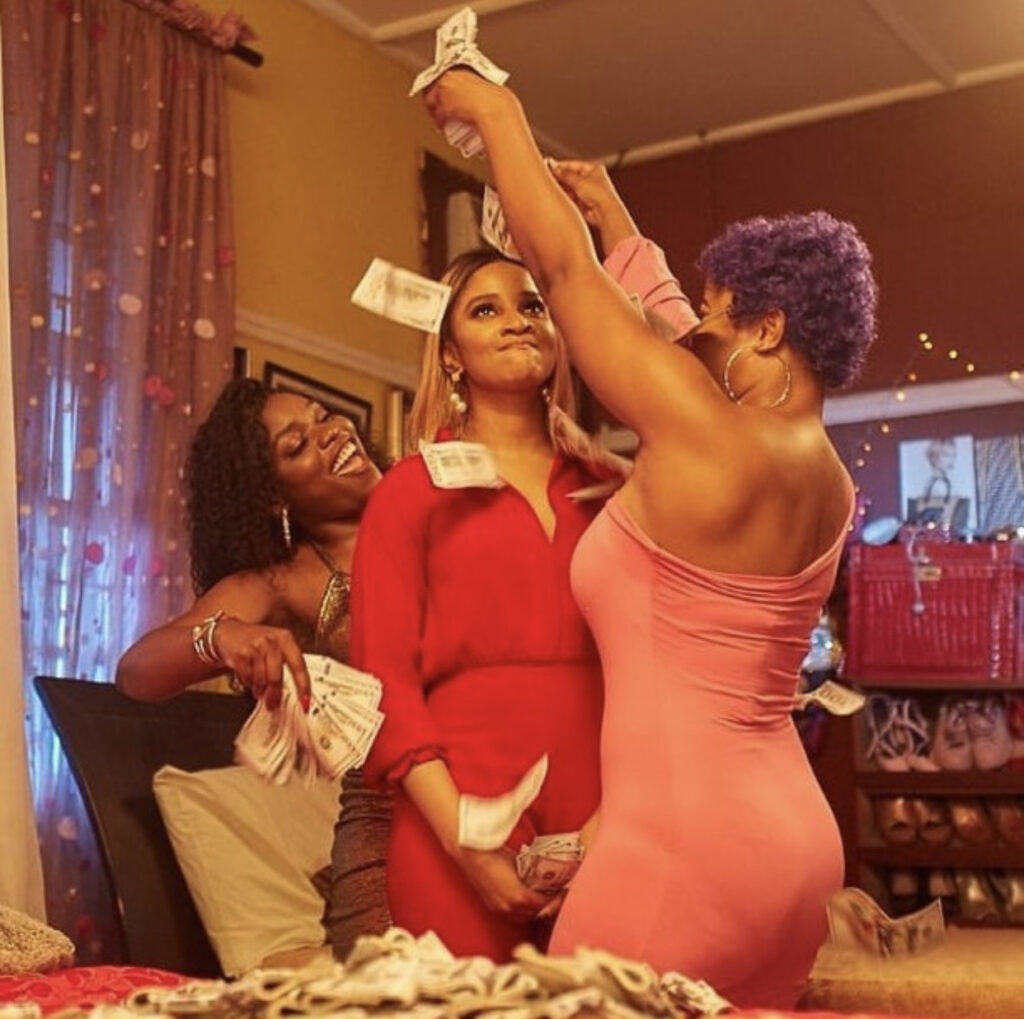

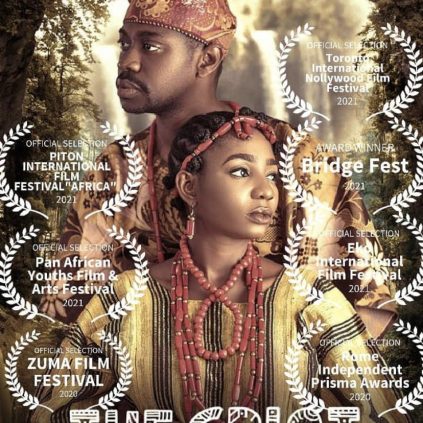

![image0[1093] image0[1093]](https://txtmag.com/wp-content/uploads/elementor/thumbs/image01093-pigu8a4b8zyc6kgebsd63mwsjmaak6pcc1b9ibawxy.jpeg)

